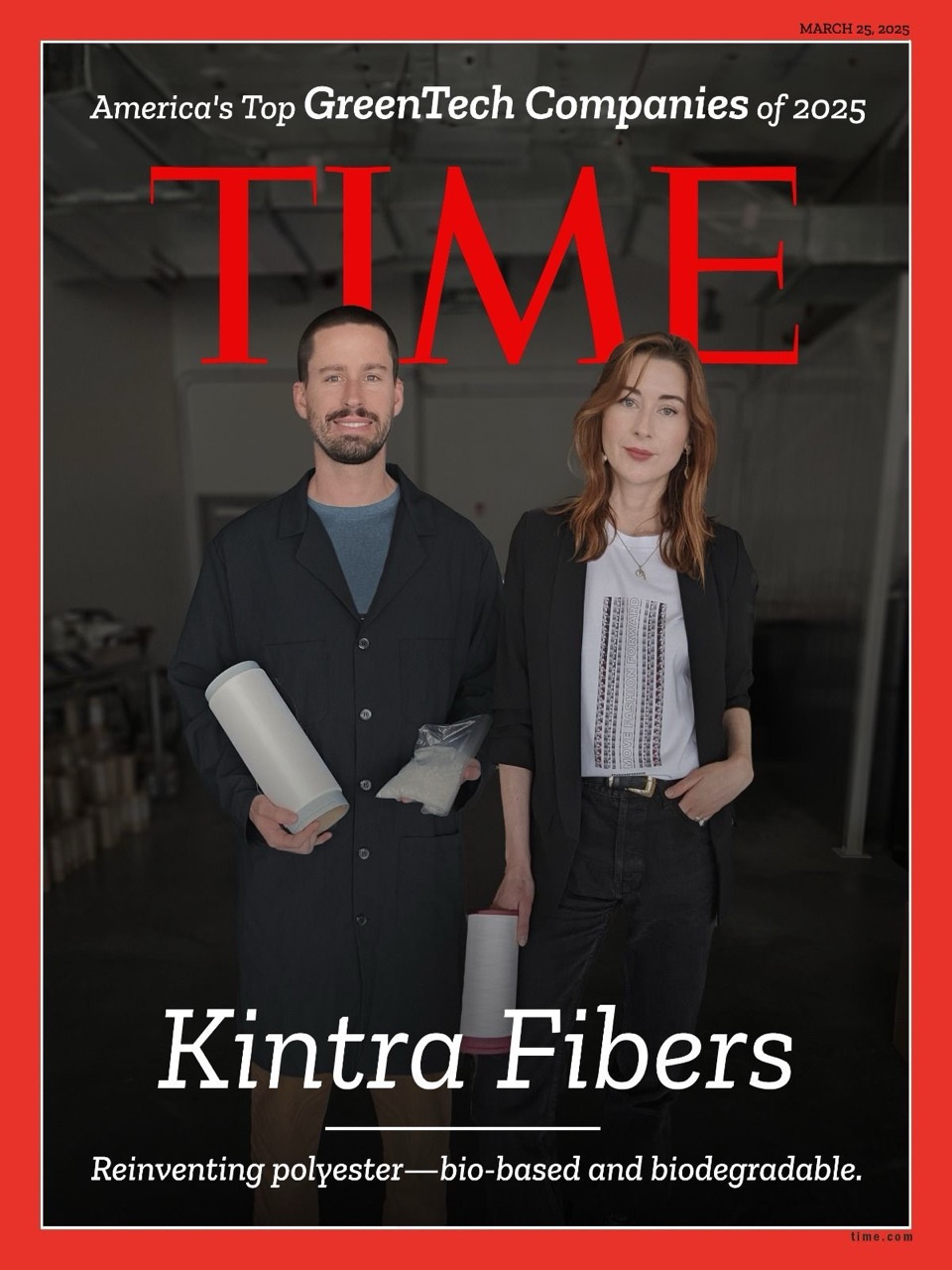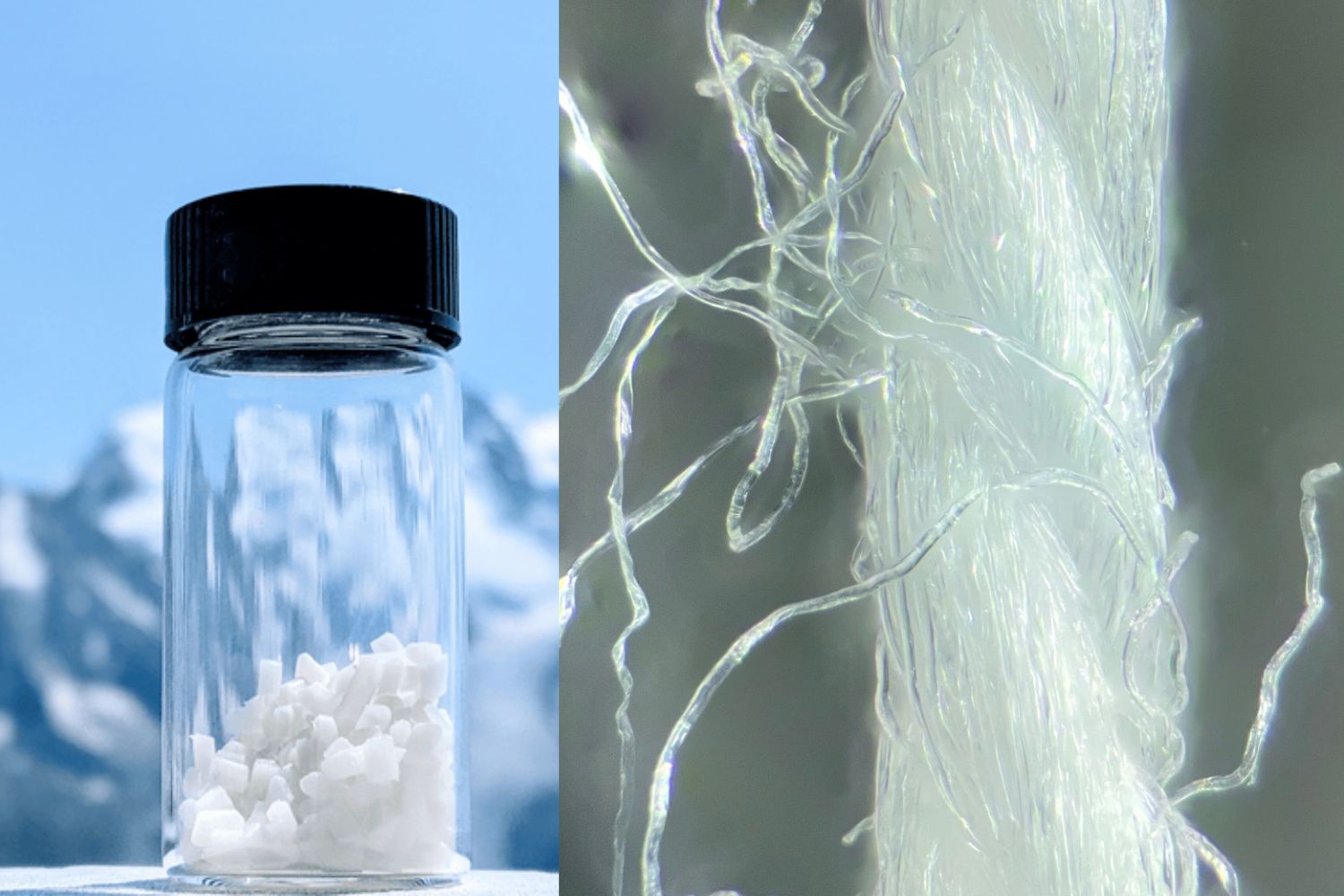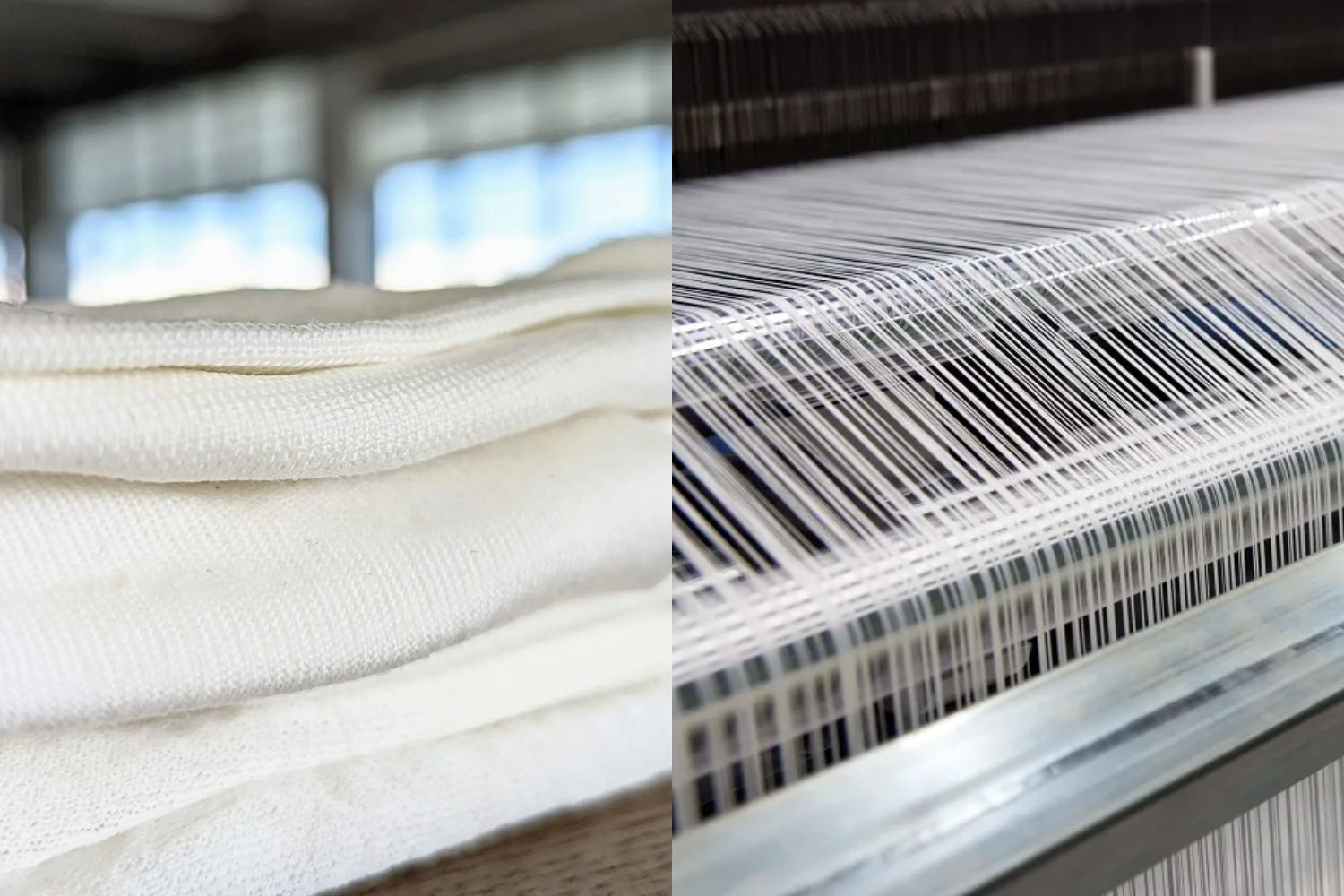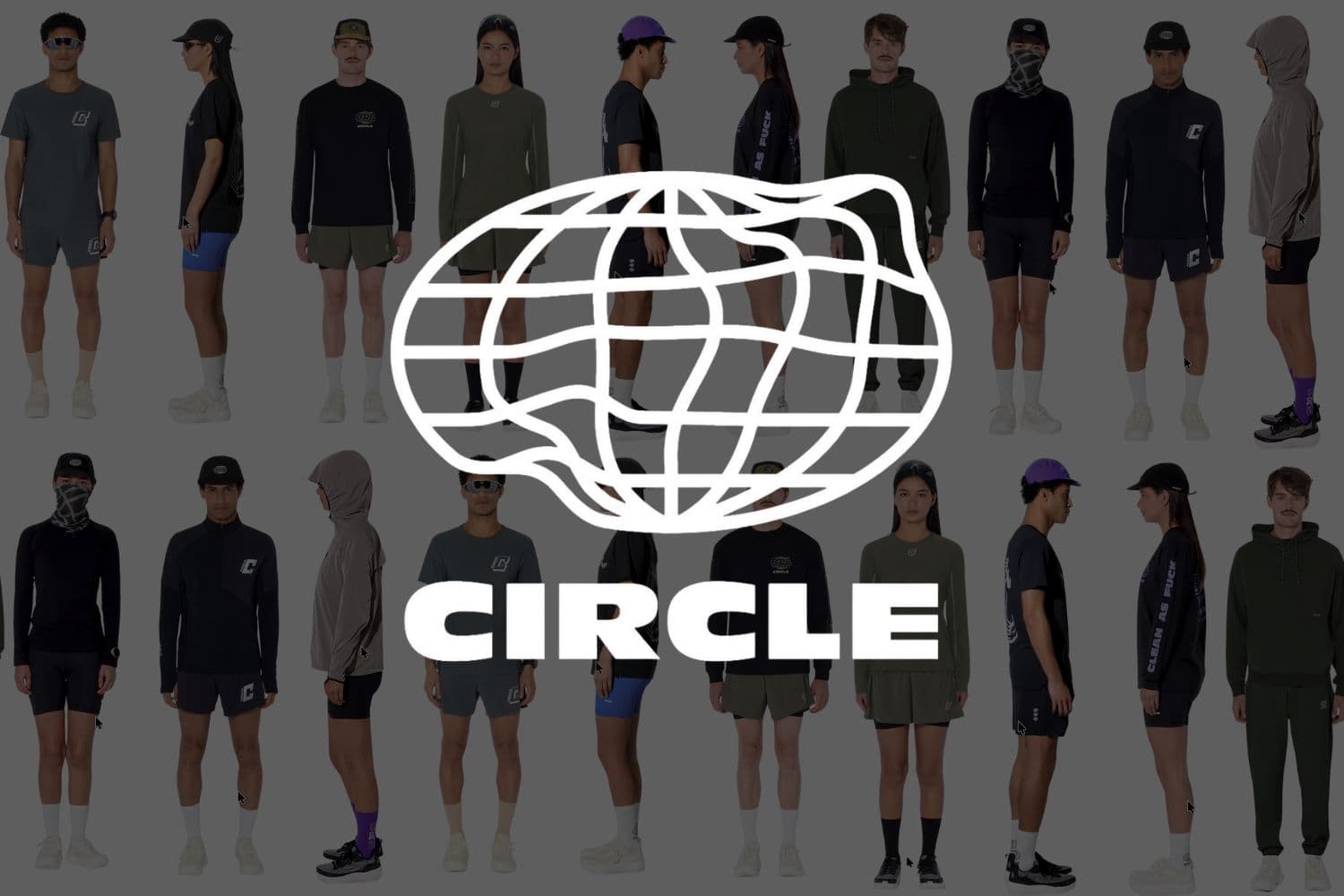Kintra Fibers was named Time Magazine’s Top Greentech Companies in America for pioneering a bio-based alternative to traditional polyester that not only mimics its performance—but far surpasses it in environmental responsibility.
 Image Source TIME Magazine, Kintra Fibers
Image Source TIME Magazine, Kintra Fibers
Co-founded by Alissa Baier and Billy McCall, Kintra Fibers is helping shape the future of circularity in the textile and fashion sector.
What is Kintra Polyester?
Unlike conventional PET polyester, which is derived from petroleum and contributes heavily to microplastic pollution, Kintra’s fibres are engineered from bio-based inputs that biodegrade in aerobic environments, significantly reducing their long-term impact on landfills and oceans.
 Image source Kintra Fibers (left) Fashion for Good (right)
Image source Kintra Fibers (left) Fashion for Good (right)
Kintra’s material innovation results in a 95% reduction in carbon emissions compared to standard polyester.
Even more impressively, the production process is compatible with existing polyester manufacturing infrastructure, allowing for a seamless transition within the industry. This compatibility, combined with a 20% reduction in energy usage during manufacturing, makes Kintra an appealing and scalable solution for brands seeking circularity without compromising performance.
Kintra Polyester in Manufacturing
Designed to be versatile, Kintra’s fibers can adapt properties allowing elasticity and the feel of spandex or nylon, making them ideal for activewear, fashion, and performance textiles. The result is a material that is functional and durable, additionally, Kintra is aligned with the principles of a regenerative and circular economy.
 Image source Kintra Fibers
Image source Kintra Fibers
Kintra's s biodegradable and bio-based sourcing are key elements of the material, but its compatibility with existing manufacturing processes sets Kintra apart from other fibers. It eliminates the usual trade-off between sustainability and scalability.
Conventional polyester locks the industry into a linear model of production and disposal, Kintra proposes a new standard—one that integrates high-performance textiles into a more responsible materials economy.
 Image source The Water Treatment Magazine (Left) LinkedIn (right)
Image source The Water Treatment Magazine (Left) LinkedIn (right)
With partnerships and investments from industry leaders like Fashion for Good and H&M Group, Kintra is making the transition into circularity more accessible and tangible for fashion brands looking for textile and material alternatives.
Circularity in Textiles with Kintra
Kintra proposes a new alternative to traditional material production, often reliant on fossil fuels and other finite resources. The versatility and adaptability of the material create an opportunity for fashion and textile producers to explore new alternatives in their journey toward a circular economy and a carbon-neutral future.
What is Kintra Fibers?
Kintra Fibers is a material science company developing bio-based, biodegradable and compostable alternatives to traditional polyester.
How is Kintra different from regular polyester?
Unlike petroleum-based polyester, Kintra’s fibers are made from bio-based materials and decompose in aerobic environments.
Who founded Kintra Fibers?
The company was co-founded by Billy McCall and Alissa Baier.
Why is Kintra important for fashion?
It offers a scalable, sustainable textile solution that supports circular fashion systems without sacrificing performance.


.png&w=3840&q=75)





